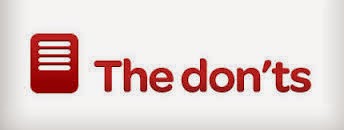Aphasia From Wikipedia, the free encyclopedia
 |
| Cortex |
Aphasia (/əˈfeɪʒə/, /əˈfeɪziə/ or /eɪˈfeɪziə/; from Greek a- ("without") + phásis (φάσις, "speech")) is the name given to a collection of language disorders which have in common that they are caused by damage to the brain. A requirement for a diagnosis of aphasia is that, prior to the illness or injury, the person's language skills were normal (for developmental language disorders, seeSpecific_language_impairment). The difficulties of people with aphasia can range from occasional trouble finding words to losing the ability to speak, read, or write, but does not affect intelligence. This also affects visual language such as sign language.
Aphasia is most commonly caused by stroke. Brain damage linked to aphasia can also be caused by other brain diseases, including cancer (brain tumor), epilepsy, and Alzheimer's disease.
Acute aphasia disorders usually develop quickly as a result of head injury or stroke, and progressive forms of aphasia develop slowly from a brain tumor, infection, or dementia. The area and extent of brain damage or atrophy will determine the type of aphasia and its symptoms. Aphasia types include expressive aphasia, receptive aphasia, conduction aphasia, anomic aphasia, global aphasia, primary progressive aphasias and many others. Medical evaluations for the disorder range from clinical screenings by a neurologist to extensive tests by a speech-language pathologist or neuropsychologist. Most acute aphasia patients can recover some or most skills by working with a speech-language pathologist. This rehabilitation can take two or more years and is most effective when begun quickly. Improvement varies widely, depending on the aphasia's cause, type, and severity. Recovery also depends on the patient's age, health, motivation, handedness, and educational level. Therapy for aphasia ranges from increasing functional communication to improving speech accuracy, depending on the person's severity, needs and support of family and friends.
Classification














.JPG)









